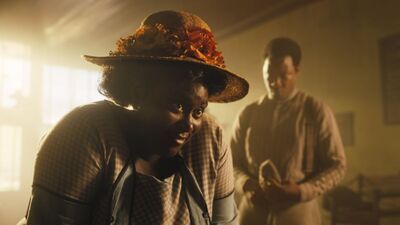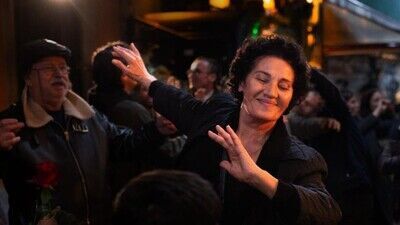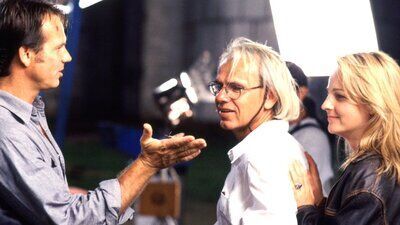In the wake of the film’s massively successful Christmas Day release, RogerEbert.com hopped on a call with Brooks and discussed Sofia’s leap from stage to screen, the encouragement Brooks received from Oprah Winfrey, and Brooks’ journey to ensuring the timeliness of this early 20th century character.
Since some time has passed between portraying Sofia on stage and in this picture, was there any hesitancy in reprising the character?
Like my character says, “Hell no!” This is the gift of all gifts right here. To be a part of “The Color Purple” in a cinematic way is something that’ll live forever. That’s something that I’m glad I get to be a part of, get to hold onto, to get to share with my family and the world. So there was no hesitation in taking this role.
Is there anything you needed to do in order to get back into Sofia’s shoes?
I’ve been living with Sofia for over a year because I had played her on Broadway in 2015. So I knew her pretty well. I think it’s really adjusting to the new approach to the story. So having a new director, who has a very specific vision, and also adjusting to a new cast. They’re going to come in with their ideas and their approach to the characters. But for me, that’s fun. The stuff I love is getting to explore and see where things go. The most challenging part was saying the most iconic lines in front of Miss Oprah Winfrey. That was the thing I tried to stay level-headed about because, you know, you want to make her proud, or, I wanted to make her proud. I do remember at the end of shooting the “You told Harpo to beat me” scene, we found each other, and we were both in tears. She said to me, “You did it. You found her.” That was just such a beautiful moment to share with her.
Was there any way you and Blitz updated Sofia’s persona to flesh her out further here than on stage?
I think so. It really boils down to the time Blitz took to find his characters, or, his actors to play these characters. Because my audition process took six months, he was able to put in stone that he had found his Sofia. Because of that, I was given freedom when we were shooting because he trusted the choices that I was going to make. I just got to live in all of who she was, because as exciting and as imaginative as theater can be, it also can be very limiting. Because once you lock a show, which means, once you open a show, you can’t make changes to that show.







Leave feedback about this